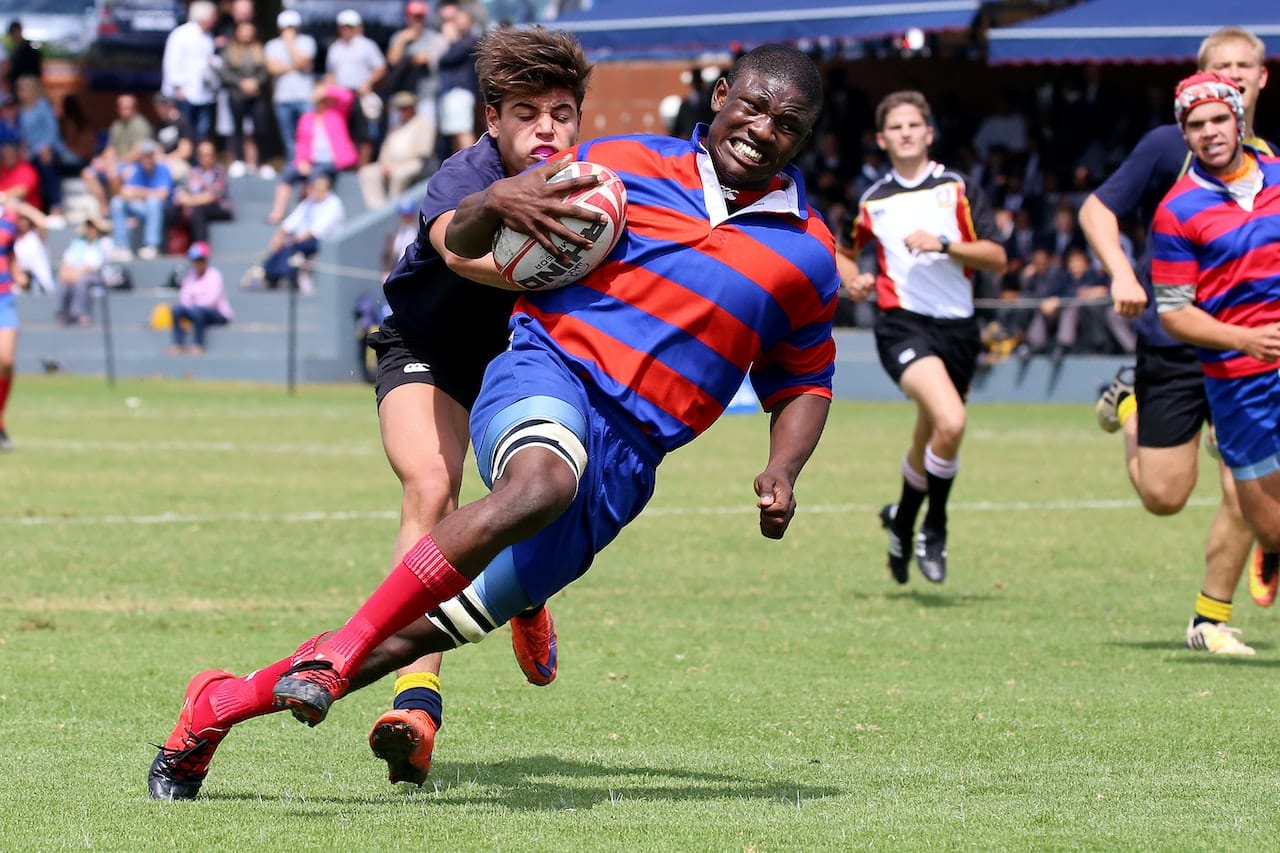Athletes are often revered for their physical prowess, but the mental aspect of their performance is equally crucial. The intense pressures, relentless training schedules, and the ever-present specter of competition can affect an athlete’s mental health. To excel in their sport and lead a balanced life, athletes need more than just physical strength; they require mental fortitude. In this comprehensive guide, we’ll explore a range of practical tips and strategies to help athletes improve their mental health, enhance their performance, and maintain overall well-being.

Understanding the Importance of Mental Health in Sports
Before delving into the tips, it’s essential to grasp why mental health matters in sports:
- Performance Enhancement: A healthy mind contributes to better focus, decision-making, and resilience, ultimately improving an athlete’s performance.
- Injury Prevention: Strong mental health can help athletes manage stress and anxiety, reducing the risk of injuries caused by lapses in concentration or overtraining.
- Sustainability: Maintaining mental health is crucial for an athlete’s long-term career, ensuring they can perform at their best over the years.
15 Tips and Strategies for Enhancing Mental Health in Athletes:
1. Develop a Strong Support System
A robust support network can be a game-changer for athletes. Surround yourself with family, friends, coaches, and sports psychologists who understand the unique challenges of your sport and provide emotional support.
Tip:Regularly communicate with your support system, and don’t hesitate to seek advice or encouragement when needed.
2. Practice Mindfulness and Meditation
Mindfulness and meditation techniques can help athletes manage stress anxiety, and improve focus. Incorporate these practices into your daily routine to build mental resilience.
Tip: Start with short sessions and gradually increase the duration as you become more comfortable with these practices.
3. Set Realistic Goals
Goal-setting is an integral part of an athlete’s journey. While ambition is commendable, setting realistic, achievable goals is vital. Unrealistic expectations can lead to frustration and negatively impact mental health.
Tip: Break long-term goals into smaller, manageable milestones to track your progress effectively.
4. Prioritize Rest and Recovery
Recovery is as crucial as training in an athlete’s regimen. Overtraining can lead to physical and mental exhaustion. Ensure you get enough rest to recharge your body and mind.
Tip: Stick to a regular sleep schedule and incorporate rest days into your training plan.
5. Foster a Growth Mindset
Embrace challenges and failures as opportunities for growth rather than setbacks. A growth mindset encourages resilience and a positive outlook on your athletic journey.
Tip: Reflect on your experiences and consider what you’ve learned from successes and failures.
6. Seek Professional Help
Professional help is invaluable when dealing with mental health issues. Don’t hesitate to consult sports psychologists or mental health experts specializing in athlete-specific concerns.
Tip: Treat mental health check-ins like physical check-ups, scheduling them regularly to maintain your well-being.
7. Build Mental Toughness
Mental toughness is the ability to persevere in the face of adversity. Develop this skill by practicing self-discipline, emotional control, and resilience during challenging training sessions or competitions.
Tip: Embrace discomfort during training as an opportunity to strengthen your mental toughness.
8. Develop Visualization Techniques
Visualization can help athletes mentally prepare for competition. Imagine yourself succeeding and visualize the techniques and strategies you’ll use during your event.
Tip: Incorporate all your senses into your visualization exercises to make them more vivid and compelling.
9. Maintain a Balanced Lifestyle
Athletes often have demanding schedules, but it’s crucial to maintain a balance between sports, social life, and personal time. Neglecting other aspects of your life can lead to burnout.
Tip: Schedule regular breaks and engage in hobbies or activities unrelated to your sport to recharge mentally.
10. Manage Pressure and Expectations
External pressure and expectations from coaches, fans, and sponsors can be overwhelming. Learn how to manage this pressure and focus on your intrinsic motivation.
Tip: Remind yourself of your love and passion for your sport, and let that drive your performance.
11. Practice Self-Compassion
Athletes can be their harshest critics. Cultivate self-compassion by treating yourself with kindness and understanding, especially when facing setbacks or challenges.
Tip: Challenge negative self-talk and replace it with self-encouragement and positive affirmations.
12. Connect with Peers
Share your experiences and concerns with fellow athletes who can empathize with your journey. Building connections with others in your sport can provide emotional support and camaraderie.
Tip: Attend sports-related events, workshops, or support groups to meet like-minded individuals.
13. Embrace Failure
Failure is a part of every athlete’s journey. Embrace it as an opportunity to learn and grow rather than a reflection of your worth.
Tip: Keep a journal to record your thoughts and emotions after each competition, noting areas for improvement.
14. Maintain a Positive Routine
A consistent daily routine can provide structure and stability in the unpredictable world of sports. Stick to a schedule that includes training, meals, rest, and relaxation.
Tip: Create a detailed daily schedule to ensure you allocate time for all essential aspects of your life.
15. Celebrate Achievements
Acknowledge and celebrate your successes, no matter how small. Recognizing your accomplishments can boost your self-esteem and motivation.
Tip: Share your achievements with your support network to amplify the positive impact.
Conclusion
Athletes face a unique set of challenges that require a holistic approach to mental health. By incorporating these tips and strategies into their daily routines, athletes can enhance their mental well-being, improve their performance, and ensure the sustainability of their careers. Remember that mental health is a continuous journey, and seeking professional help when needed is a sign of strength, not weakness. Athletes can unlock their full potential and excel on and off the field by prioritizing mental health.
Are you an athlete struggling with mental health? You’re not alone.
Many athletes experience mental health challenges, but they often feel like they can’t talk about it. The pressure to perform, the fear of judgment, and the stigma surrounding mental illness can all make it difficult for athletes to get help.
But there is hope!
If you are an athlete struggling with mental health, please know that you are not alone. Some people can help. Contact Orlando Treatment Solutions today to learn about our advanced solutions for mental health and drug and alcohol abuse. We are not your average drug and alcohol rehab. Our treatment center is focused on real solutions that provide real results for young adults and adults alike.
If you are an athlete struggling with mental health, please don’t hesitate to reach out to us. We are committed to providing you with the best possible care. Our team of experienced professionals will work with you to create a personalized treatment plan that meets your individual needs.
Don’t wait any longer. Contact Orlando Treatment Solutions today and start your journey to recovery.
Call us today (321) 415-3213.



























